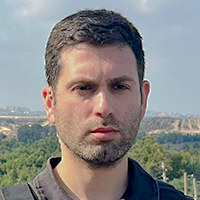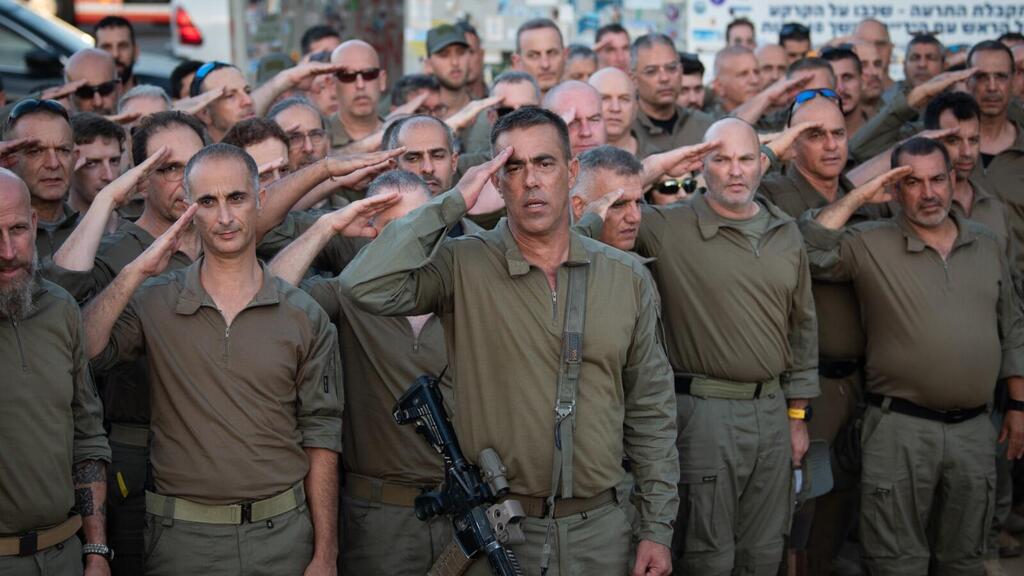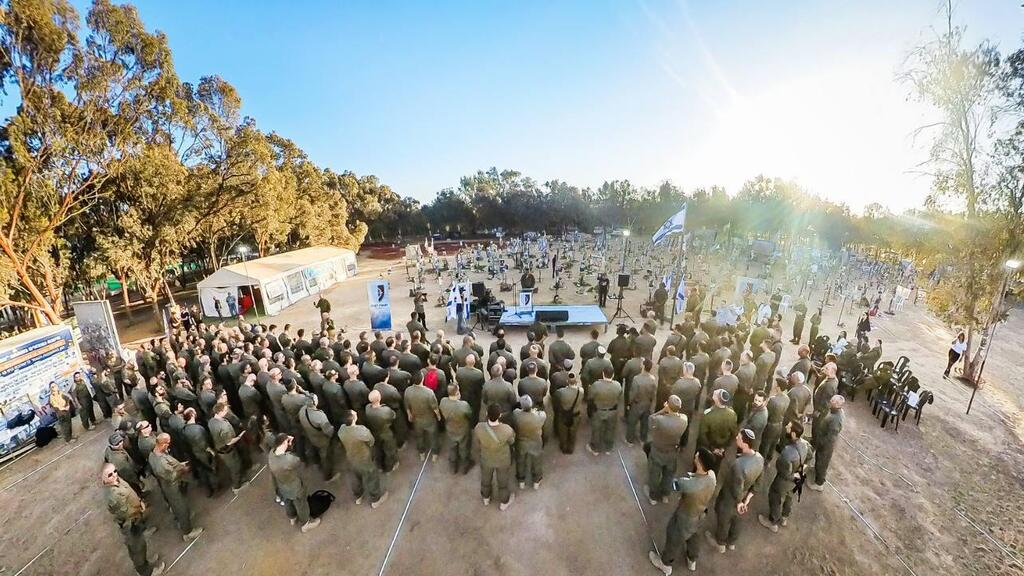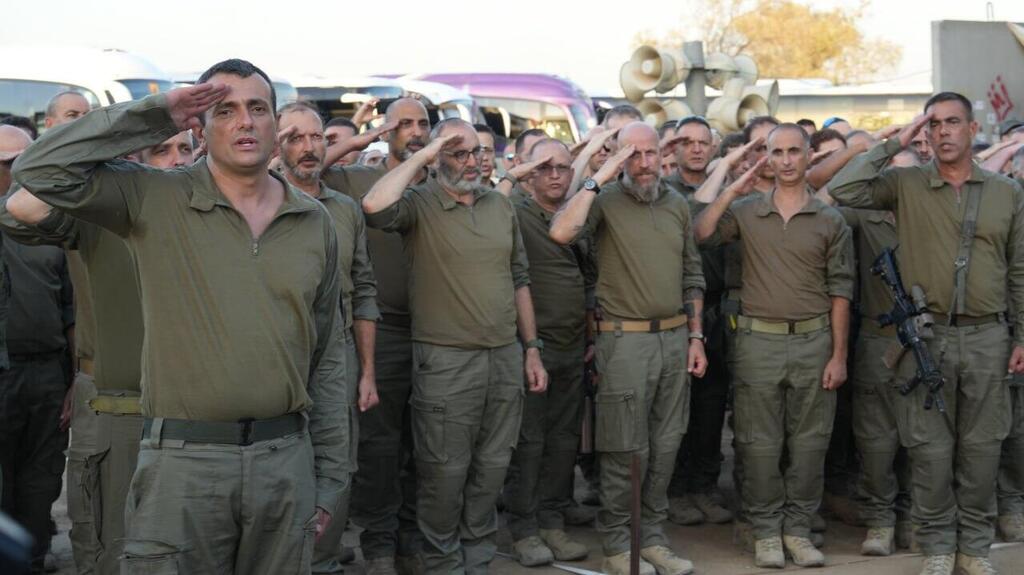Getting your Trinity Audio player ready...
The brigades – Negev (“Negba”), Shephelah (“Yonatan”), Valleys (“Yizraeli”), Jerusalem (“Ari”), and Galilee-Golan – will be tasked with providing a rapid defensive response to sudden events. Recruitment will be based on soldiers’ residential areas, enabling a more immediate and effective initial response.
The units will primarily consist of reserve soldiers aged 38-58, most of whom are volunteers with extensive experience gained during both their military service and civilian lives.
IDF Chief of the General Staff Lt. Gen. Herzi Halevi emphasized the need to expand the military’s capabilities.
"In this war, we have learned that the IDF needs to be larger and broader to face difficult situations and prolonged wars," Halevi said. "Over these months, we are establishing new brigades of reservists comprised mostly of individuals who are already over the exemption age and have shown a willingness, recognizing the urgency of the moment, to step up and say we are returning to serve, returning to the reserves. Although we are not at the official age for reserve duty, we come with the right spirit and an understanding of the necessity."
Halevi highlighted the importance of easing the current strain on Israel’s reserve forces, who have faced an unprecedented operational load. “When they carry out operational duties, we will be able to alleviate the burden on the reserves, which has been so heavy over the past year and three months. I must salute the reservists who have handled this burden with exceptional quality and great honor,” he added.
Maj. Gen. (res.) Moti Baruch, the founder of the new brigades, underscored the need to adapt to the changing security environment.
"We all understand that the security reality has changed, and we must adapt accordingly. These are people who are ready to volunteer and play a central role in strengthening security, and we view this as a significant operational advantage," Baruch said.
The division will include approximately 15,000 infantry reservists, equipped with personal weapons, marksmen, grenade launchers, snipers and drone teams for reconnaissance and attack missions. The units will not operate armored vehicles but are designed for swift, flexible deployments.
Over the past nine months since the ambitious plan was launched, the IDF has managed to recruit around 3,000 soldiers, including 100 company commanders out of the 130 required. “We are struggling to meet recruitment targets,” the IDF admitted.
“We are currently in contact with another 6,000 individuals who are in the process of enlisting, but there is a strong willingness among many people, even those in their 40s and 50s, to serve. Many recruits will be veterans of combat engineering and similar units.”
Get the Ynetnews app on your smartphone: Google Play: https://bit.ly/4eJ37pE | Apple App Store: https://bit.ly/3ZL7iNv
Reservists in the new division will be on high alert and able to mobilize rapidly from their homes during emergencies. As a result, they will keep their personal weapons and uniforms at home, despite the associated risks of theft or safety incidents.
The IDF also plans for one of the division’s battalions to be composed of Bedouin soldiers, featuring four combat companies from the Galilee and one company from the Negev.
To join the new division, soldiers must complete a thorough bureaucratic process, including providing a clean criminal record, documentation verifying their mental and physical health and other approvals.
The initiative reflects the IDF’s shift toward bolstering defense capabilities and readiness amid changing security threats, relying on experienced reservists and volunteers committed to safeguarding the nation.






